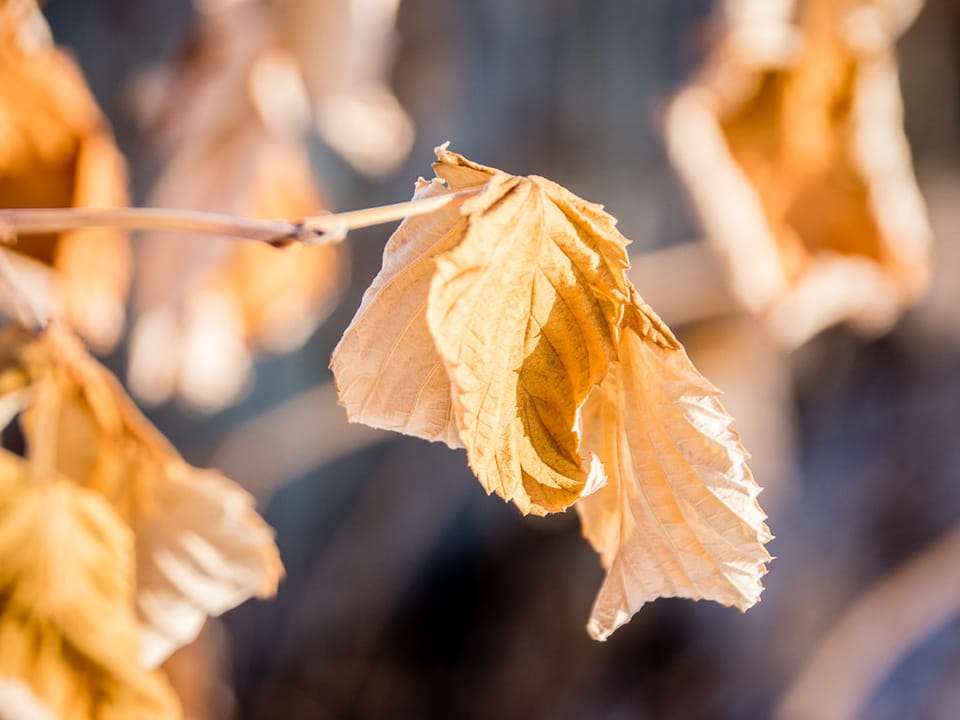EcoWest News, November 4, 2025

Welcome to EcoWest News, a weekly round-up of news and resources that you can put to use in addressing environmental issues and protecting the wild in your community.
Across the West
Manitoba Environment and Climate Change is inviting public feedback on a revised environmental license request from Sio Silica involving fewer wells and removing less sand in southeast Manitoba. [CBC]
Helen Baulch, USask, is working with water experts, agricultural producers, researchers and communities to identify gaps in knowledge and look for opportunities for action in tackling nutrient pollution in Lake Winnipeg. [Education News Canada]
Pembina Institute’s Guide to Renewable Energy and Battery Storage Projects: How Alberta Landowners Can Reap the Benefits of Hosting Clean Energy is a practical guide for landowners and communities considering hosting a renewable energy project. [Pembina Institute]
The Roberts Bank Terminal 2 expansion could be fast-tracked by the federal government. That would be very bad news for the 3.5 million western sandpipers who eat and rest there while migrating from Peru to Alaska. [The Narwhal]
Who is going to pay for the BC government’s plan to electrify heavy industry, and will it bring economic benefits? [The Narwhal]
BC charges the lowest industrial water rates in Canada. Bringing the rates in line with other provinces would fund stronger watershed security and keep communities safe and resilient to floods, fires, and water shortages. [BC Watershed Security Coalition]
The City of Victoria uses technology to help maintain its trees. TreeKeeper tracks detailed information about each tree. Sonic tomography uses soundwaves to create an image of a tree’s internal structure, assisting city arborists to evaluate its health and safety. LiDAR (laser pulses) creates detailed 3D models of Victoria’s tree canopy. [Sustainable City newsletter, City of Victoria]
Across Canada
The Ontario government’s ads implying mining is already underway in the Ring of Fire are a clever marketing ploy. If people believe the region has already been altered by roads and mines, they’ll be more ready to accept further industrialization. [The Narwhal]
Around the World
Microsoft’s decision to end support for Windows 10 could lead to a massive increase in e-waste with up to 240 million old devices ending up in landfills. Right-to-repair laws and open operating systems challenge this type of planned obsolescence. [Futurity]
Making a Difference
Orchestra Canada’s Environmental Sustainability Guide for Canadian Orchestras is designed to help orchestras of all sizes reduce their environmental impact and embrace sustainability as a source of innovation, community engagement, and artistic vitality. [Julie’s Bicycle]
Manifestos for Bugs outline key actions for invertebrate conservation in Scotland and Wales, including wildflower-rich habitats, light pollution reduction targets, and reduced harm from pesticides and toxic chemicals. [Buglife]
DIY
“We don’t always think about cheeseburgers when we think about the climate crisis ... we can get meat and dairy off our plates and onto our agendas” – here’s how. [West Coast Climate Action Network]
Biodiversity
When polar bears kill their prey, they’re not only feeding themselves. In a single year, one polar bear provides scavengers, from ravens to Arctic foxes, with 300 kg of food. [UManitoba]
Wind turbines are lethal for bats, but there are ways of reducing the risk, such as shutting down the turbines for short periods of time when bats are active. [CBC]
Photo credit: https://www.flickr.com/photos/apmckinlay/16189791448
EcoFriendly West informs and encourages initiatives that support Western Canada’s natural environment through its online publication and the Nature Companion website/app. Like us on Facebook, follow us on BlueSky, X, and Mastodon, or subscribe by email.

Member discussion